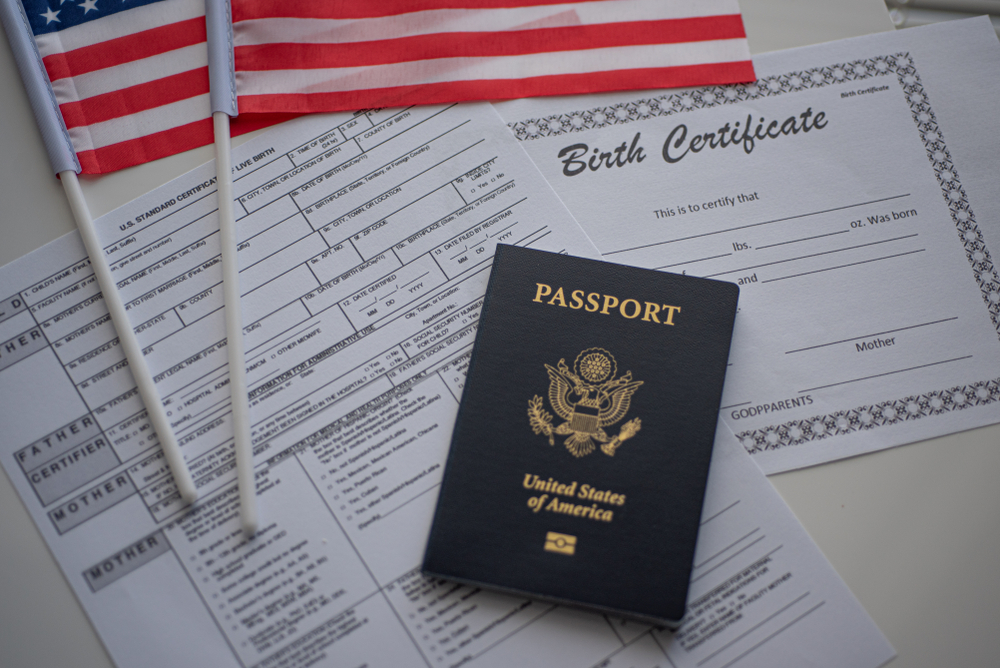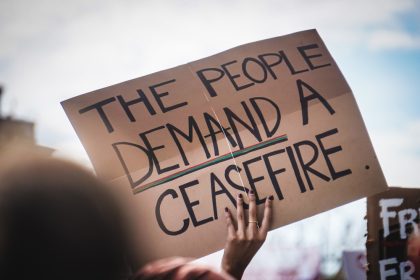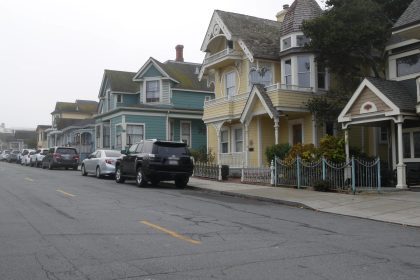A coalition of immigrant rights organizations has launched a series of nationwide class-action lawsuits aimed at protecting all children born on US soil from enforcement of Executive Order 14160, which seeks to end birthright citizenship for children born to undocumented or temporary resident parents. The legal challenges come in response to a Supreme Court ruling on June 27 that limited the scope of judicial injunctions.
The American Civil Liberties Union and several legal nonprofits are leading efforts to create uniform protection for birthright citizenship across all states, arguing that the current patchwork of enforcement creates unconstitutional disparities in citizenship rights based on geography.
Class action seeks nationwide protection
The most prominent case, Barbara v. Trump, has been filed in US District Court for the District of Columbia as a proposed class-action suit representing families from multiple states where the executive order could be enforced once the current 30-day pause expires. The lawsuit directly challenges the constitutionality of the citizenship order.
Plaintiffs argue that Executive Order 14160 violates the 14th Amendment, which grants citizenship to all persons born or naturalized in the United States. The constitutional challenge forms the foundation of their legal strategy to prevent implementation of the citizenship restrictions.
ACLU attorneys contend that allowing enforcement in some states while blocking it in others would create a dangerous precedent of inconsistent constitutional rights application. They argue that citizenship status cannot depend on geographic location within the United States without undermining fundamental constitutional principles.
If class certification is approved, the ruling in Barbara v. Trump could potentially apply nationwide, offering broader protections than the current system of individual state-level injunctions that create uneven enforcement patterns.
Supreme Court ruling creates enforcement disparities
The Supreme Court’s June 27 decision limiting judicial injunction scope has created a complex legal landscape where citizenship rights vary dramatically by state. This ruling fundamentally changed how federal court orders can be applied, leading to the current jurisdictional confusion.
In states that joined lawsuits against the executive order – including California, New Jersey, and Illinois – birthright protections remain intact for now. However, at least 28 states that did not challenge the order face potential enforcement that could result in denial of US passports or birth certificates for affected children.
Federal agencies in non-protected states could soon begin implementing the citizenship restrictions unless additional legal intervention occurs. This creates a situation where identical circumstances result in different citizenship outcomes depending solely on birth location within the United States.
The inconsistent enforcement pattern has generated concerns about creating a two-tiered citizenship system that conflicts with constitutional principles of equal protection under law across all states and territories.
Administrative confusion affects newborn documentation
Immigration advocacy groups including Global Refuge and Immigration Equality report that families are receiving conflicting information from state officials about birth certificate and documentation processes. The uncertainty has created practical problems for families seeking to establish their children’s legal status.
Some hospitals and birth registrars are delaying birth certificate processing while awaiting federal guidance about implementation of the citizenship restrictions. This administrative hesitation raises concerns that newborns may become effectively stateless, unable to obtain proper documentation from any country.
The documentation delays create immediate practical problems for families seeking to access services, travel, or establish legal identity for their children. These administrative challenges compound the legal uncertainty surrounding the citizenship order’s implementation.
Community advocates report that parents are experiencing significant anxiety about their children’s future legal status, with many unsure whether their babies will be considered American citizens under the new restrictions.
Legal experts warn of systemic strain
Legal scholars suggest that the current jurisdictional patchwork could create additional stress on the US immigration system by generating numerous individual federal lawsuits from people unable to prove their citizenship status. The case-by-case litigation approach would be far more resource-intensive than comprehensive resolution.
The inconsistent application of citizenship rules across states presents novel constitutional questions about federal authority and state implementation of immigration policy. These issues may ultimately require Supreme Court resolution to establish uniform national standards.
Immigration attorneys are preparing for potential waves of litigation as affected families seek to establish their children’s citizenship rights through individual court cases if class-action efforts fail to provide comprehensive protection.
Immediate impact on vulnerable families
Community advocates report increased anxiety and confusion among immigrant families, particularly in states where no injunction currently blocks enforcement of the citizenship order. The uncertainty affects family planning decisions and access to services for pregnant women and new parents.
Families are seeking legal counsel to understand their rights and options under the changing legal landscape, creating increased demand for immigration legal services during an already complex period of policy implementation.
The 30-day pause on enforcement provides temporary relief but does not resolve the underlying legal questions about constitutional authority and implementation of citizenship restrictions that affect fundamental rights of children born in the United States.
















